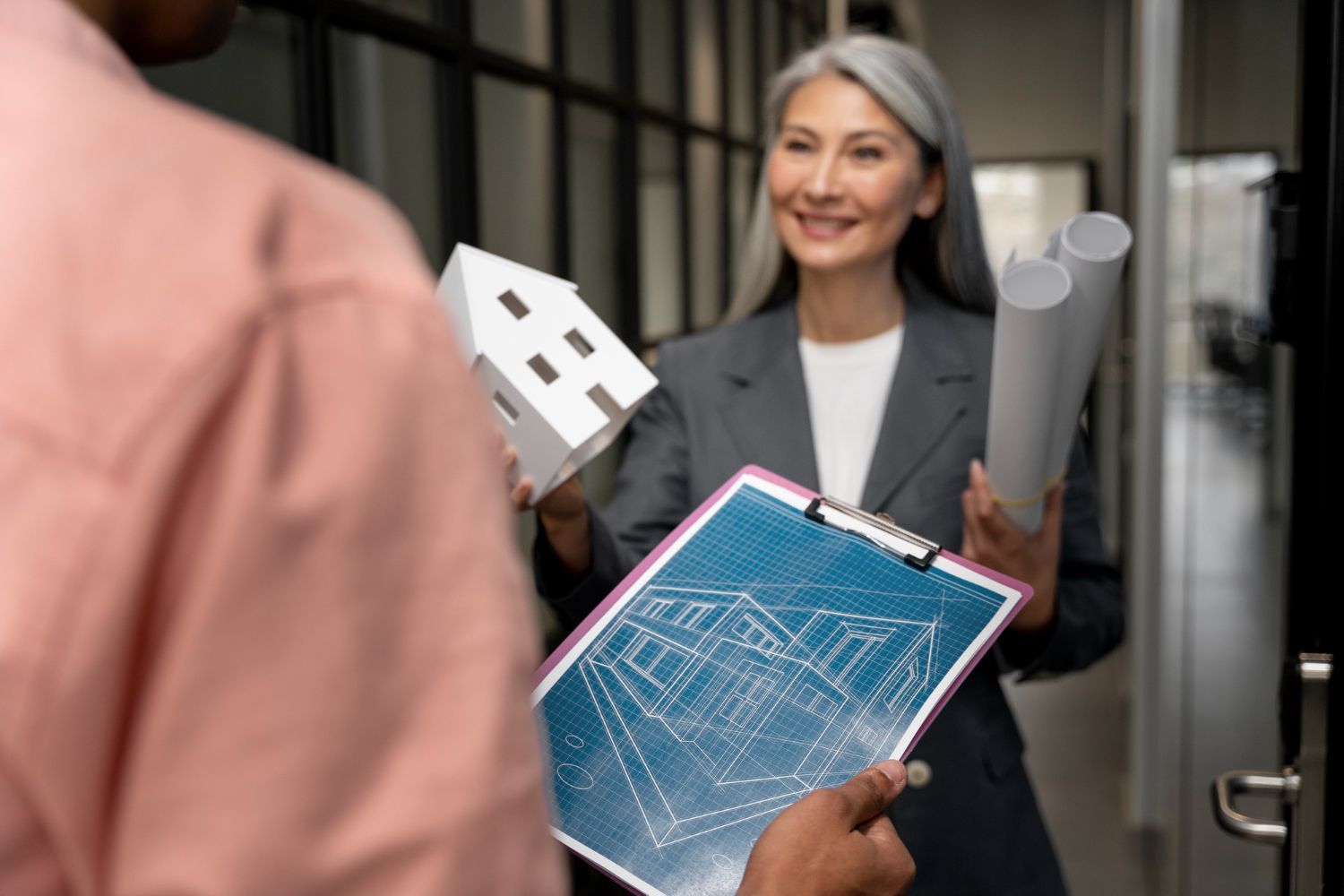Green Living: Eco-Friendly Homes and Sustainable Real Estate

As the world copes with environmental challenges like pollution, a paradigm shift towards sustainable living is advisable. This eco-consciousness has been the guiding principle in making informed decisions in several cases, including homes. More people are planning for eco-friendly homes as they can positively impact the environment by reducing carbon footprints, among other things. These homes have minimal waste generation, use renewable materials, and provide comfortable living spaces.
Here are a few benefits of choosing eco-friendly homes and sustainability.
Lower Energy Consumption
Eco-friendly homes usually have double-glazed windows, insulation, and energy-efficient appliances that reduce energy consumption. Additionally, they reduce greenhouse gas emissions, which can contribute to tackling global warming.
Water Efficiency
Sustainable homes employ various strategies to minimize water waste and consumption. These include recycling greywater, installing rainwater harvesting systems, and utilizing water-saving appliances and fixtures.
Improved Air Quality
Green homes often boast enhanced indoor air quality achieved through various means. These include incorporating air-purifying plants such as spider plants, snake palms, or areca palms, which not only produce oxygen but also cleanse the indoor air. Furthermore, green homes are constructed using non-toxic materials such as formaldehyde-free cabinets and low-VOC paints.
Increased Durability
Eco-friendly homes are built to be more resilient with different types of weather events in mind during construction. Many have hurricane-resistant windows, reinforced concrete structures, and other features that make them withstand adverse weather conditions.
Reduced Carbon Footprint
Reducing one’s carbon footprint is probably the key goal anyone has when looking into purchasing a green home. These houses use renewable energy sources like solar and wind, as well as appliances that require lower energy consumption. All these contribute to lower power consumption and, thus, the emission of greenhouse gases.
Renewable Energy
Equipment like solar panels and wind turbines installed in green homes are big sources of renewable energy. They generate electricity by reducing the burning of fossil fuels. Prioritizing green energy is a significant step towards a sustainable future.
Lesser Waste
Eco-friendly homes focus on reusing and recycling materials, thus reducing waste production. Using recycled bricks and doors from old, demolished buildings minimizes the impact of construction on the environment. The waste generated from these homes will be put into separate bins, thus contributing to green waste.
Natural Daylight and Ventilation
Green homes are designed in such a way that proper ventilation and natural daylight are seeping inside. This, in turn, creates natural cooling within the house.
Lower Costs
Though the initial costs may seem intimidating, the long-term costs involved are much lower for eco-friendly homes. The durability of sustainable materials and reduced energy bills can eventually lead to lower day-to-day costs.
Eco-friendly homes are a great step towards a greener future and sustainable living. Taking such concrete steps can lower carbon emissions and create a better environment. If you are planning to buy land, you can contact the team at Kelly Wentworth - Berkshire Hathaway HomeServices Northeast Real Estate so that you can think about creating a better future with green homes. Contact us for more information.

2024 All Rights Reserved | Kelly Wentworth
©2023 BHH Affiliates, LLC. An independently owned and operated franchisee of BHH Affiliates, LLC. Berkshire Hathaway HomeServices and the Berkshire Hathaway HomeServices symbol are registered service marks of Columbia Insurance Company, a Berkshire Hathaway affiliate. Equal Housing Opportunity. Equal Housing Opportunity
Berkshire Hathaway HomeServices Northeast Real Estate – 160 Broadway – Bangor – Maine 04401 – (207) 942-8261
Berkshire Hathaway HomeServices Northeast Real Estate offices serve the area surrounding the following communities: Auburn, Bangor, Belfast, Dexter, Ellsworth, Freeport, Newport, and Waterville.
Website Designed & Hosted by Maine Street Marketing, Inc., Saco Maine









